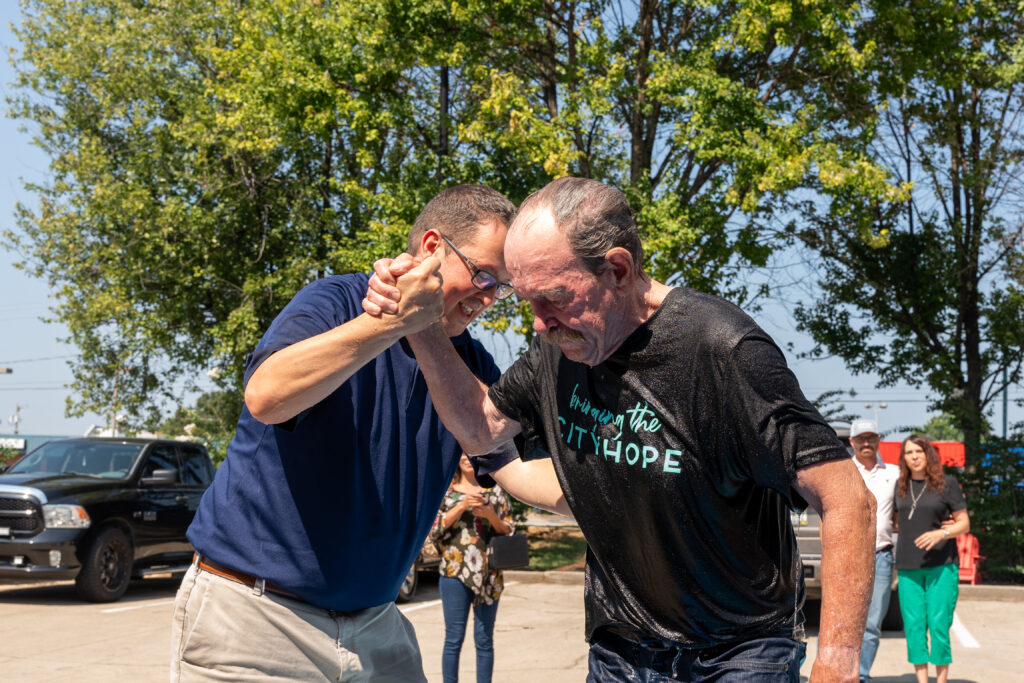The Church’s Role in Combating Poverty
For over three decades, Kareem Goubran has been a pillar of hope and compassion in his community as the pastor of Graffiti Church.
The church is on a mission to invite the uninvited, serve the underserved, and love others in New York City. They do this both by sharing the Good News of Jesus at Graffiti Church, but also by meeting tangible needs of those impacted by poverty around them through Graffiti Community Ministries.
Goubran offers insights into the role of the Church in addressing poverty. His perspective sheds light on how the Church can effectively combat poverty by meeting needs, recognizing the inherent worth and dignity of those in need, and adopting a servant’s role.
Meeting the Needs
“Jesus’ life and teaching was about showing love and compassion to our neighbors,” Goubran said. From the earliest scriptures to the final revelation in the Bible, there is a recurring theme of compassion and love for one’s neighbors. Jesus made it explicit in Matthew 25:40, “Truly I tell you, whatever you did for one of the least of these brothers and sisters of mine, you did for me.”
Goubran emphasizes that while we may not be able to fix every problem in the world, we can make a significant impact by identifying and addressing one need within our community. “If you want to meet Jesus and share Jesus with others, I think it starts with just meeting a need,” Goubran said.

Seeing People, Not Stereotypes
He encourages individuals and churches to take a loving approach when meeting these needs, focusing on the person and their dignity rather than the mere act of charity. “People who are impacted by poverty are people just like you and me,” Goubran said.
He emphasized that it is vital for the church and its members to recognize this and not approach those impacted by poverty with a condescending attitude or a sense of superiority. “The most important thing is to realize that we, too, are broken,” he said.
The Servant’s Role
Drawing from the teachings of Jesus, Goubran highlights the importance of adopting a servant’s role when ministering to those in poverty. “Jesus calls us to literally humble ourselves below those we are serving,” Goubran said. “We can meet them where they’re at, realizing that only by God’s grace are we where we are.”
Goubran passionately calls for a shift in perspective. Homelessness is not an issue, but rather a challenge faced by individuals. Poverty is not an abstract concept; it’s a lived experience for many. By acknowledging our shared humanity and realizing that we are all recipients of God’s grace, we can approach ministry with a sense of humility and love.


